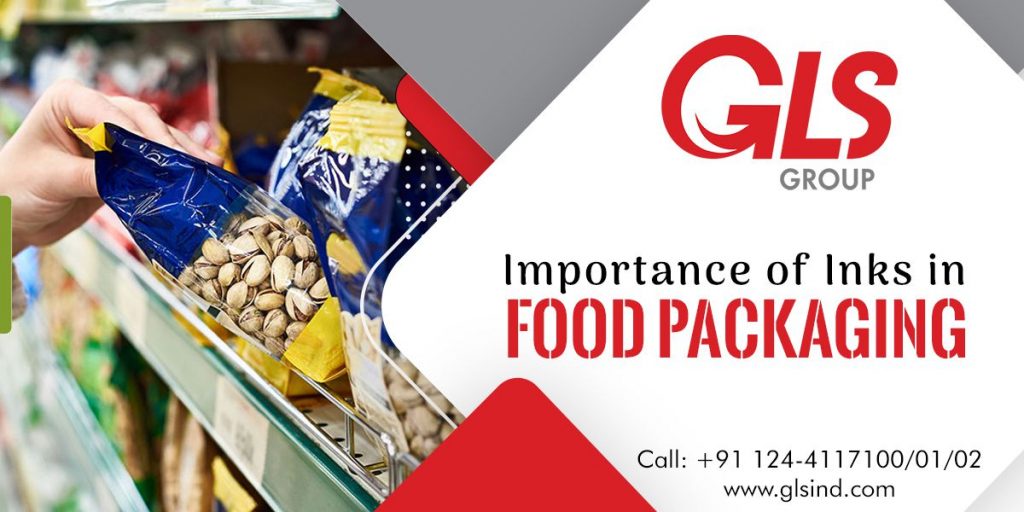Labelling, coding, and marking products are essential in the global beverage and food markets because they allow producers to convey important information to buyers, distributors, and retailers everywhere.
Details such as whether or not a product uses sustainable palm oil or fair-trade cocoa, as well as the product’s allergens, ingredients, expiration date, as well as nutritional value, are all important for consumers to know.
In case of any mishap during production, such as when undeclared allergens are present, recalls can be greatly aided by batch, product, and traceability codes, which smooth the product’s path from factory to grocery store shelf.
Given the foregoing, it’s crucial to check that any codes used on food packaging will remain legible during the transportation process and the storage period. An ink designed for printing on cardboard boxes will have a different composition and set of features than the ink that is designed especially to print on the lids of yoghurt containers, where the risk of smudging necessitates an ink with quick-drying capabilities.
Inks for food packaging manufactured by the most prominent company offering Packing ink services in India require consideration of several factors in addition to performance. Inks must not impair the integrity of the packaging, migrate through it, or constitute harm to consumer health if they come into direct contact with food. Therefore, any formulation must be sturdy, reliable, and purposeful, as well as safe to use with food goods.
Focus on consumer safety:
When creating new inks for food contact packaging, the health and safety of the consumer are always given high consideration. Manufacturers of food and drink have a responsibility to their consumers as well as the law that ensures the safety and suitability of ink used on food packaging. At the same time, there has been an increase in consumer awareness and curiosity about the chemicals used in food packaging. More and more shoppers want to know exactly what goes into their food and what materials go into their packaging before they buy it.
In order to provide this transparency and assurance that inks are safe for use on food packaging, manufacturers must partner with the best Packing ink manufacturer in India who are in contact or associated with key industry groups and can advise and assist manufacturers with maintaining compliance. Both rules and recommendations may change depending on where a product is sold.
Sustainability trends:
Sustainability is another important facet of the food packaging sector, and it is crucial for ink producers as well as food and beverage producers to monitor developments in this field. Plastic and recycled cardboard, refillable packaging as well as compostable materials are just some of the options that big food and beverage producers are looking into. Different materials require different inks because of their unique qualities.
For instance, when printing on recyclable cardboard or plastic packaging, it is crucial to use inks that do not compromise the recyclable quality of the substrate or introduce contaminants into the recycling process.
In order to ensure that compostable materials can be utilised after composting, manufacturers must use inks that are compliant with applicable laws and do not negatively impact the composted material’s ability to use. Ink coding solutions for reusable packaging must guarantee that inks remain on a product throughout its lifecycle but may be easily removed upon return.
Finding a trustworthy coding and marking provider who is open to testing and experimenting with new and changing substrates and who can provide specifics about food contact safety as well as migration testing is essential for any firm wishing to explore alternative packaging alternatives.
Conclusion:
Labelling, tagging, and marking products are relatively minor but essential steps in the distribution of food and drink around the world. Also, due to the perishable nature of food and drink, the inks used on food product packaging are subject to stringent regulations, and it is the responsibility of the brand to ensure that the inks that are being used on their packaging are made considering these standards.
If companies want to be prepared for whatever the future holds, they need to work with a supplier as well as a packaging ink plant manufacturer in India that has a solid track record of knowing the global regulatory environment and the in-house resources to keep up with industry developments and provide solutions that are in line with global standards.



